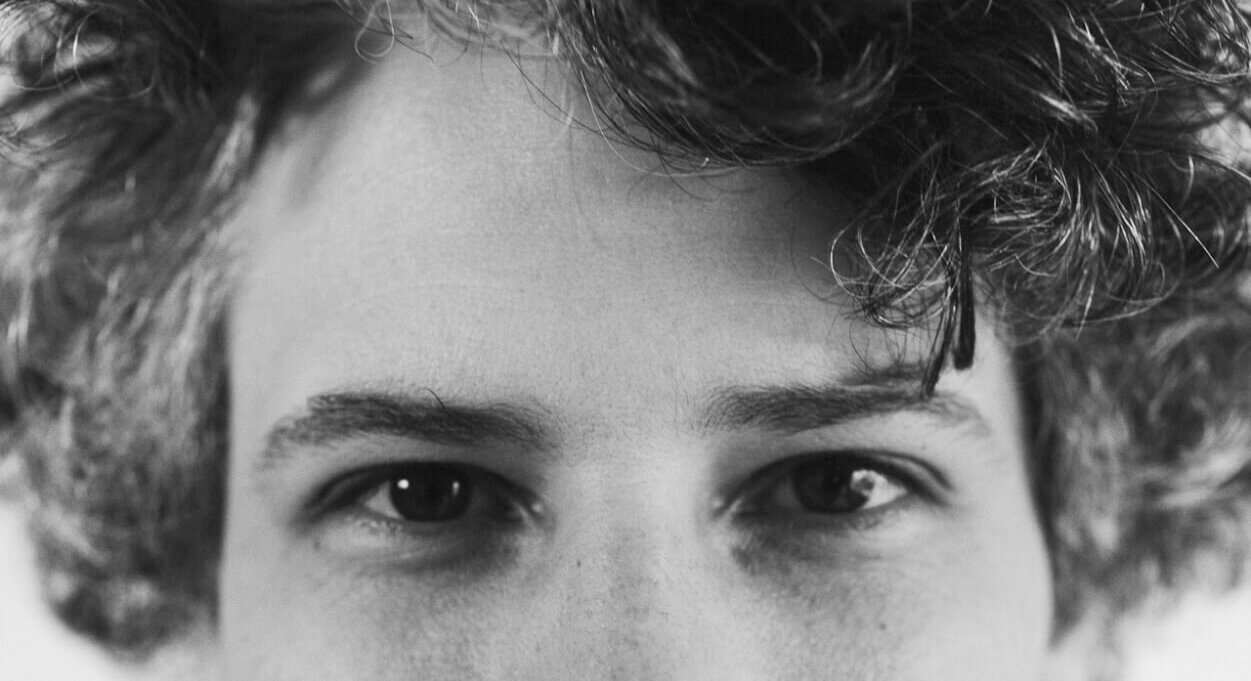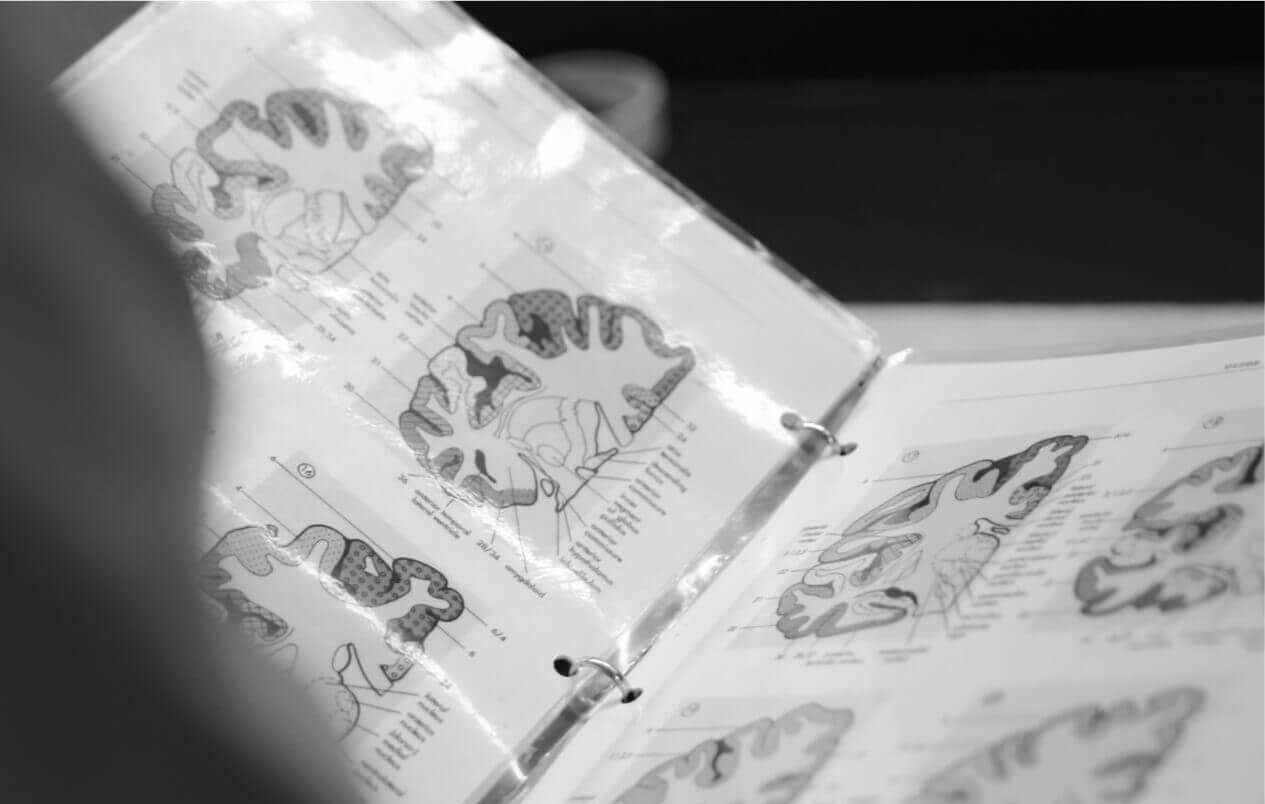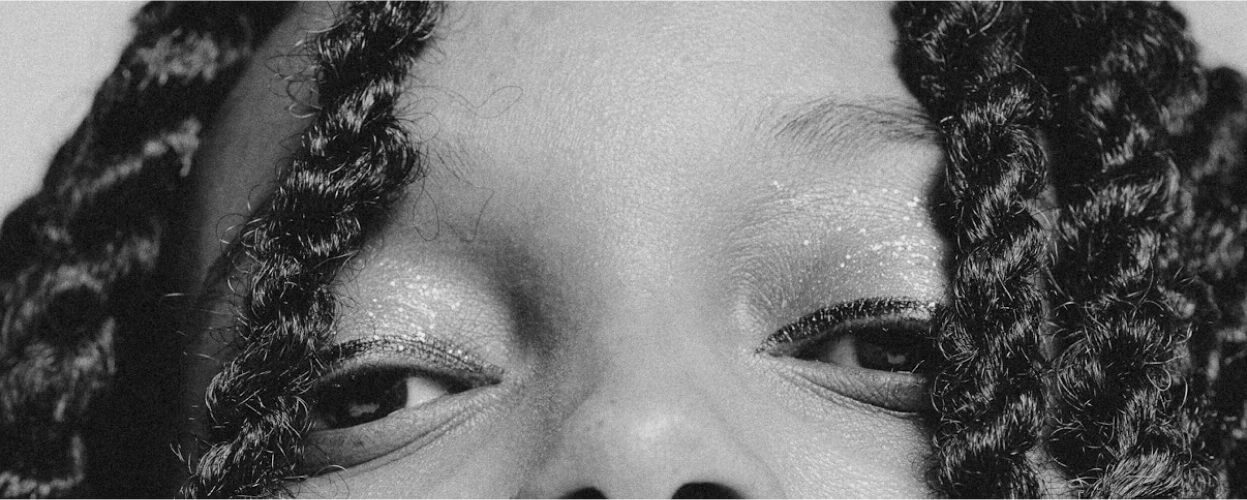Cheers to The RLS Foundation and the Alzheimer’s Association
The Restless Legs Foundation is laser focused on advancing the science of that disease. We shared a presentation about brain donation with the organization and about 85 members of its community back in March. We also contributed a piece to their Nightwalker quarterly publication that same month. RLS causes an uncontrollable urge to move the legs…and is accompanied by an uncomfortable sensation. Plus, it gets worse when a person is inactive, as in the evening. Up to eight percent of the population has this neurological condition, which can seriously affect a person’s ability to sleep and their quality of life. Again, those who have the disease (and their loved ones without the disorder) answered the call – to date 51 of them have started the process of becoming brain donors. Many, many thanks to those who struggle and want to contribute to a cure.
The Alzheimer’s Association updated their resource information about brain donation this past spring. The objective is to steer Alzheimer’s patients toward participating in clinical trials and research studies whenever possible, so that their brains, when donated at end of life have been studied and a significant amount of data associated with that particular tissue is available for study. Any such pre-clinical info makes a donated brain all the more valuable. That kind of participation isn’t always doable, however, and a non-studied brain can still provide answers. The Alzheimer’s Association is guiding its stakeholders in the direction of The Brain Donor Project in this piece on brain donation in its Research and Progress section. Since its publication in mid-February, some 47 people have cited it specifically in their on-line form to start the process of becoming a brain donor. We’re delighted to be a resource to this community and hope to see much breakthrough progress toward a cure to this neurodegenerative disorder in the near future.
Many, many thanks to those who struggle and want to contribute to a cure.



